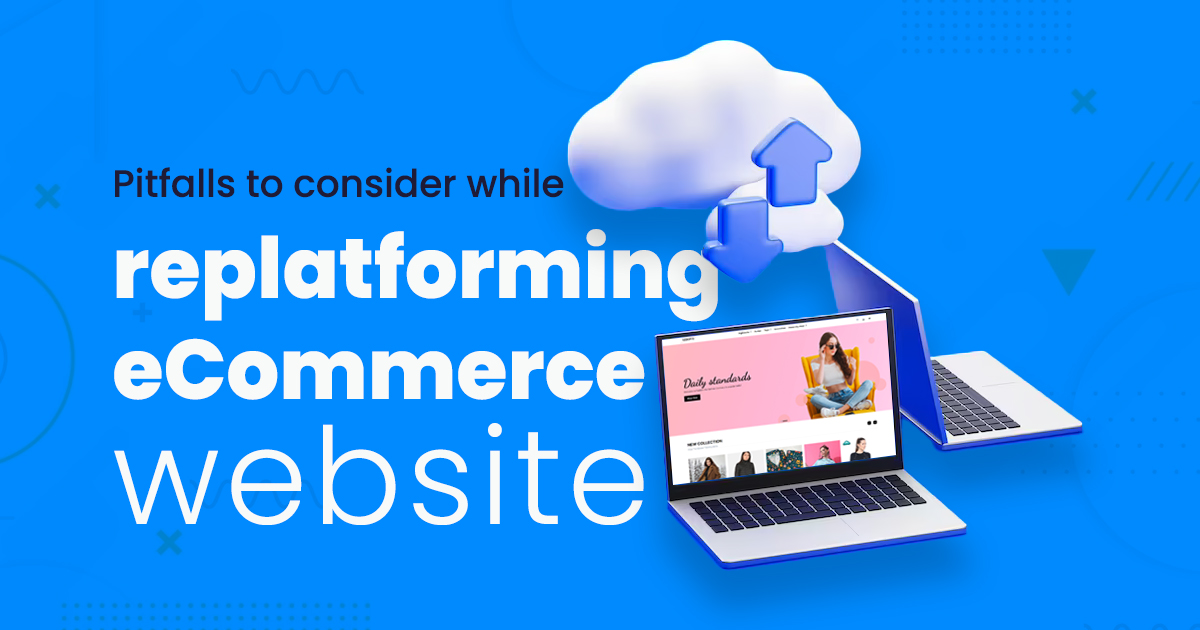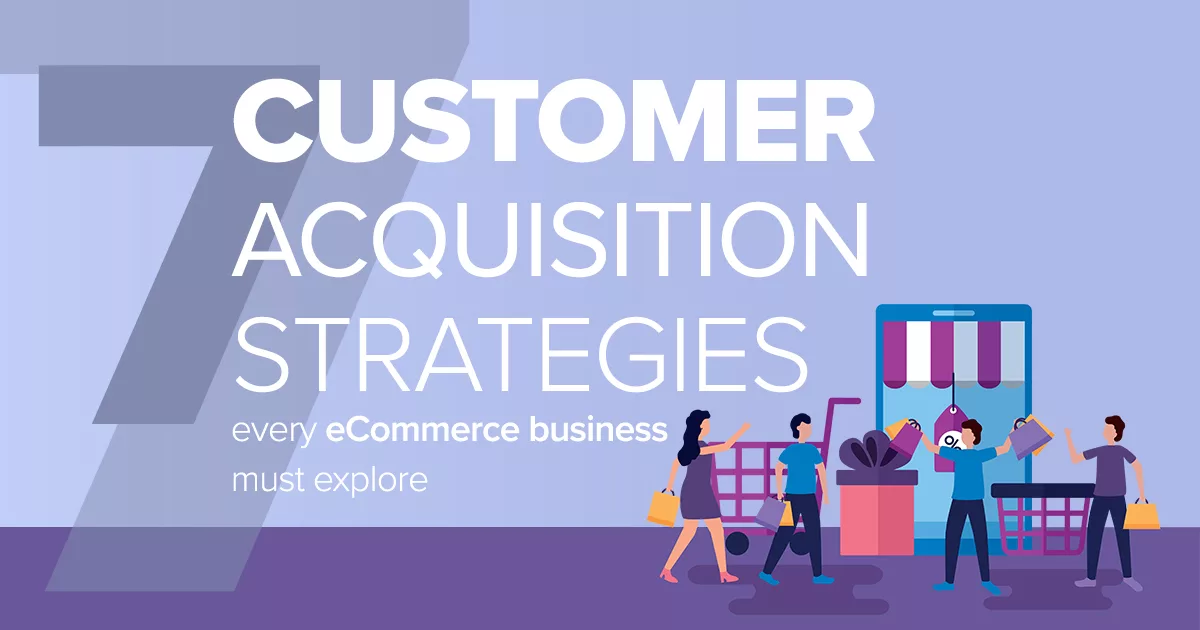Pitfalls To Consider While Replatforming eCommerce Website

Replatforming an eCommerce website can be a daunting task, but it is sometimes necessary to keep up with changing technology, improve user experience, and stay ahead of the competition. However, it’s essential to tread carefully during the process to avoid common pitfalls that can impact your business negatively.
In this article, we will discuss the pitfalls you should consider while Replatforming your eCommerce website.
1. Insufficient Planning
Data is the lifeblood of any eCommerce business, and ensuring a seamless transition of data during replatforming is crucial. Inaccurate or incomplete data migration can lead to lost orders, customer information, and product data, resulting in a significant setback. Ensure that the new platform supports the data structure of your existing website, and thoroughly test the data migration process before going live.
2. Poor User Experience
Replatforming offers an opportunity to enhance the user experience, but it can also be a pitfall if not executed carefully. Ignoring user experience during the migration can lead to a clunky, confusing interface, difficulty in navigating the website, and an overall negative impact on customer satisfaction. Conduct thorough usability testing, ensure responsive design for mobile devices, and prioritize intuitive navigation to provide a seamless user experience on the new platform.
3. SEO and URL Structure
Migrating to a new eCommerce platform can disrupt your website’s search engine rankings if you neglect to address the SEO and URL structure. Inadequate planning and implementation of redirects, meta tags, and canonical URLs can lead to a loss of organic traffic and negatively affect your website’s visibility in search engine results. Make sure to create a comprehensive SEO plan, perform proper keyword research, and implement 301 redirects to preserve your website’s SEO value.
4. Integration Challenges
eCommerce websites often rely on various third-party integrations, such as payment gateways, inventory management systems, shipping providers, and customer relationship management (CRM) software. During replatforming, overlooking these integrations can result in disruptions to the business flow, causing order fulfillment issues, payment processing problems, and customer dissatisfaction. Ensure compatibility and seamless integration between the new platform and the essential third-party systems to avoid such pitfalls.
5. Lack Of Testing & Quality Assurance
Failing to allocate sufficient time for testing and quality assurance is a common pitfall during replatforming. Launching the new platform without thorough testing can lead to unexpected errors, broken links, and security vulnerabilities. Conduct comprehensive testing to ensure the functionality and compatibility of the website across different browsers, devices, and user scenarios. Additionally, implement security measures, such as SSL certificates and data encryption, to protect your customers’ information.
6. Disruption of Sales and Marketing Efforts
Replatforming can cause disruptions in your sales and marketing efforts if not managed effectively. A poorly planned migration can lead to downtime, affecting online sales and marketing campaigns. Communicate the upcoming changes to your customers well in advance, and consider implementing a temporary holding page or a maintenance mode during the migration process to minimize the impact on sales and maintain customer trust.
Conclusion
Replatforming your eCommerce website can be a complex and challenging endeavor, but by carefully considering the pitfalls mentioned above, you can mitigate risks and ensure a successful transition.
Ready to take your eCommerce business to the next level?
Our skilled team of Jaipur-based best eCommerce website developers is here to help! Harness the latest technologies and design trends to create a visually stunning and user-friendly eCommerce website that keeps customers coming back for more. Don’t miss out on potential sales and discover how we can revolutionize your eCommerce presence!
Subscribe to our Blog
Read our newly created blogs delivered straight to your inbox.


